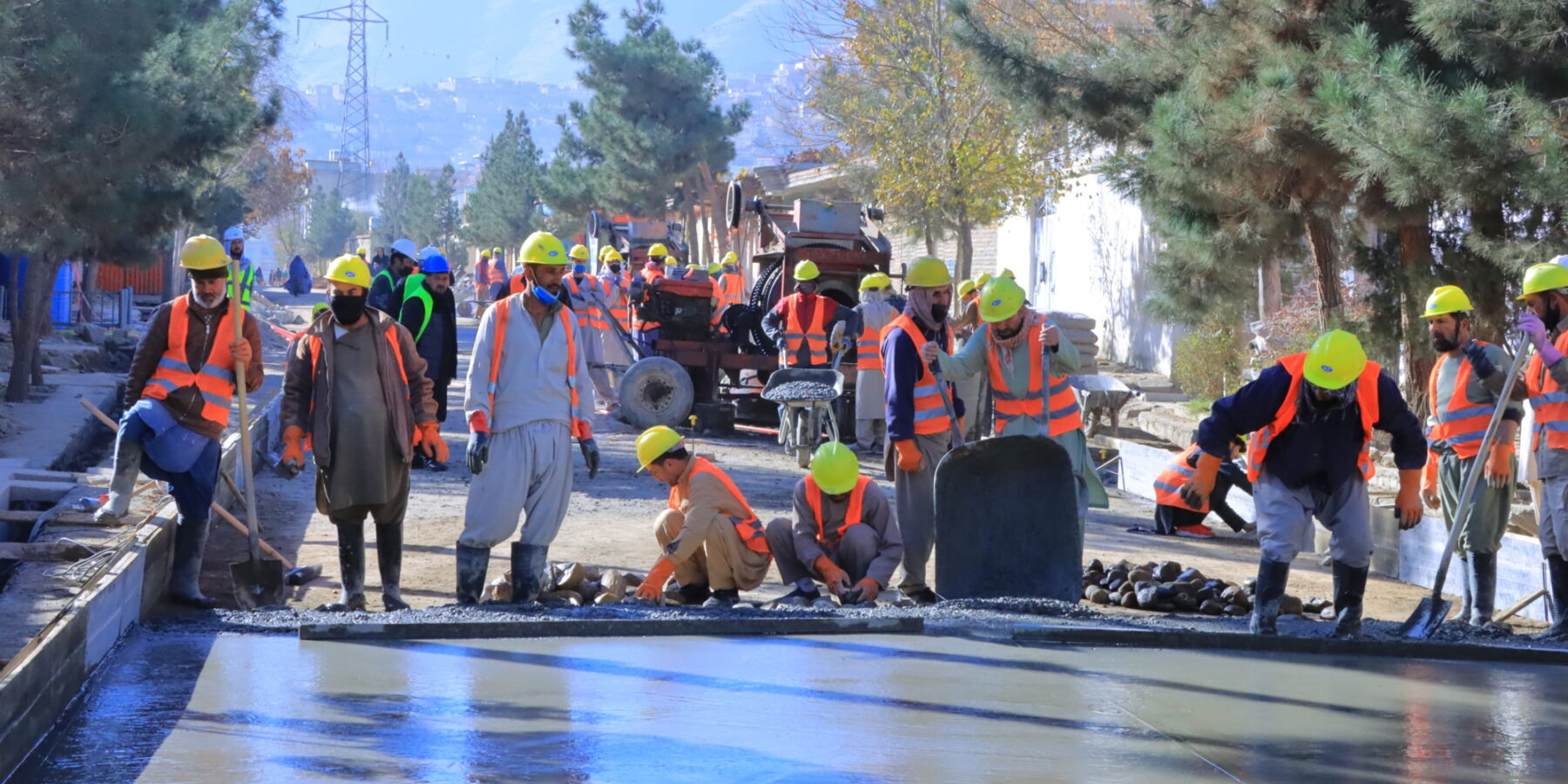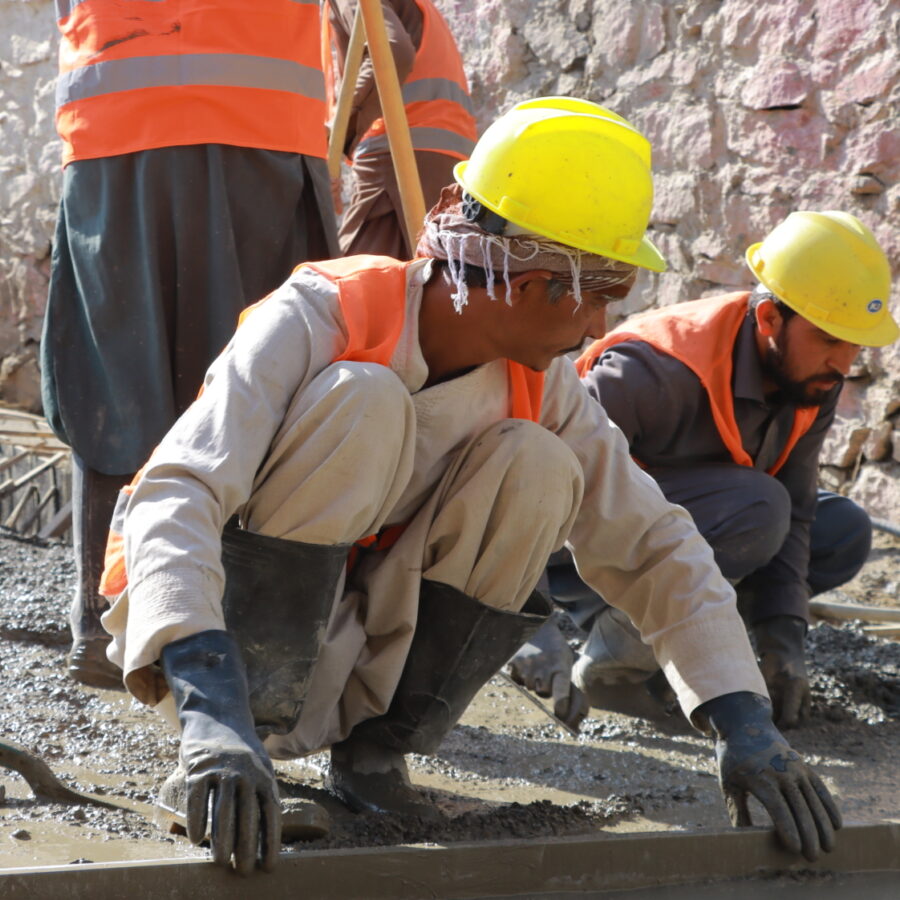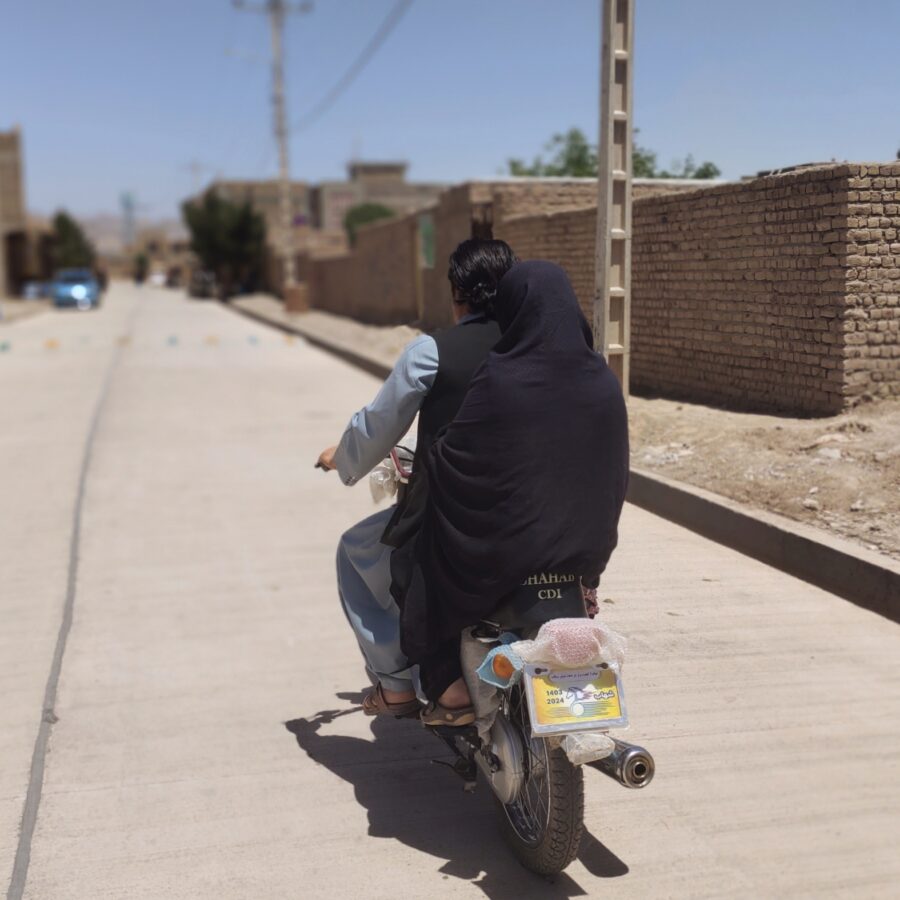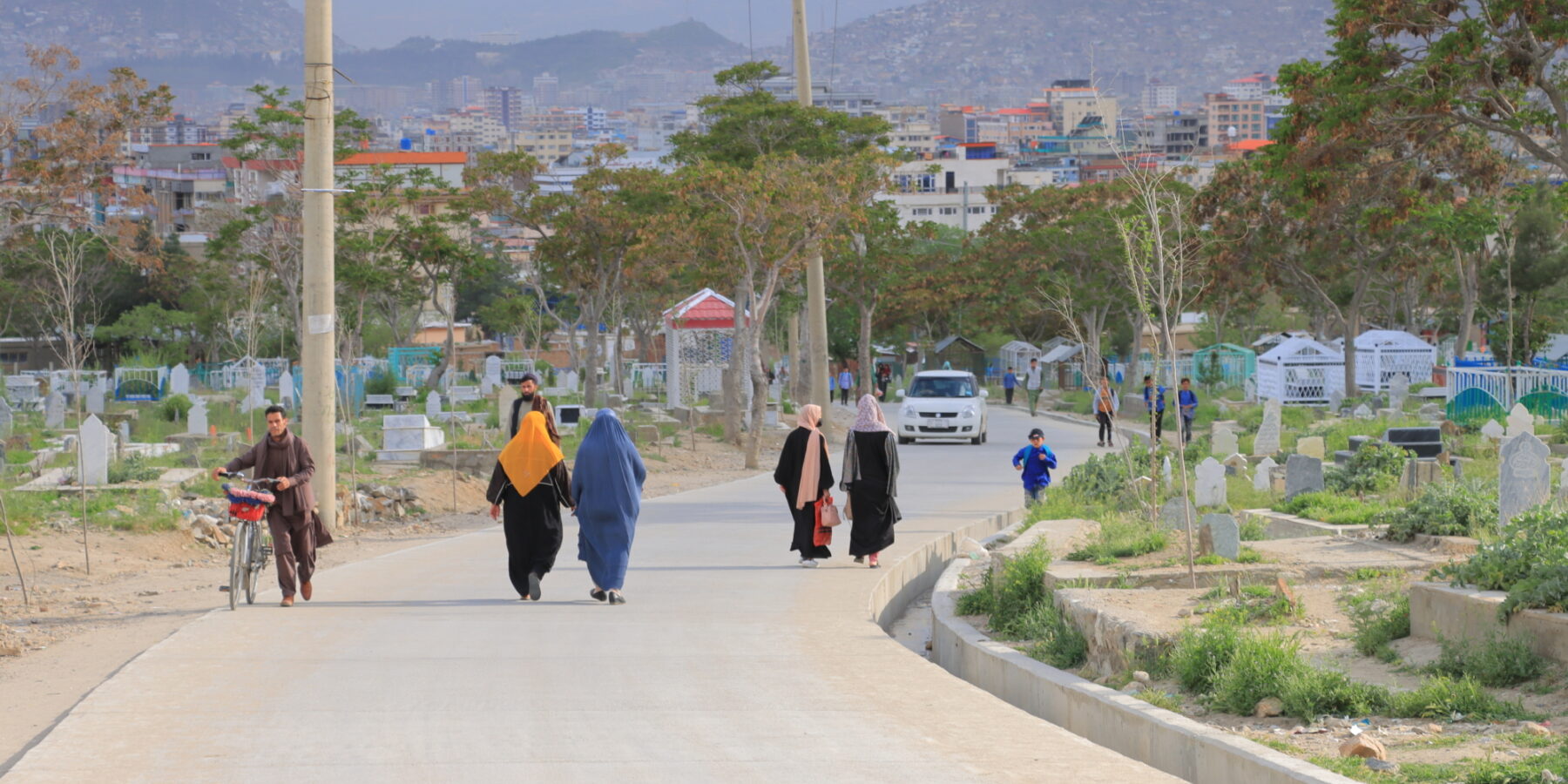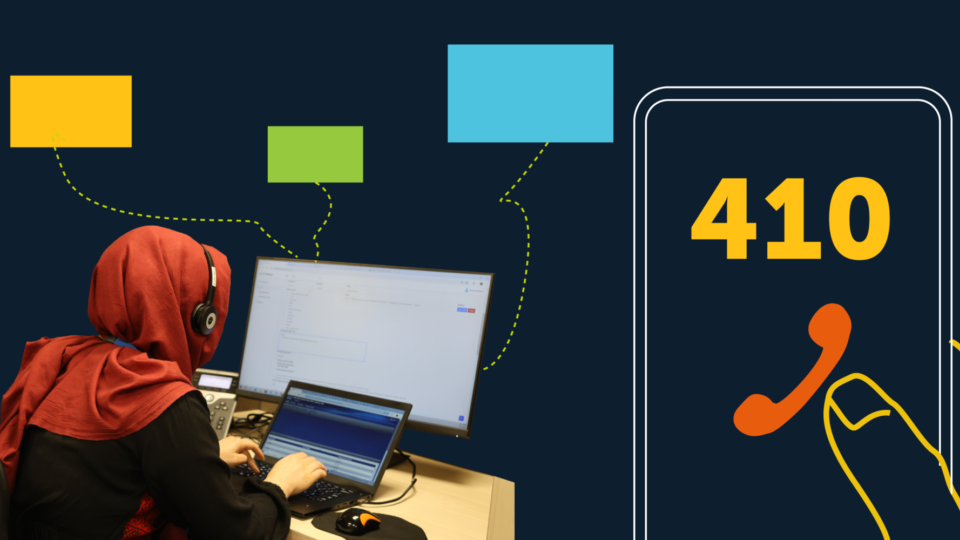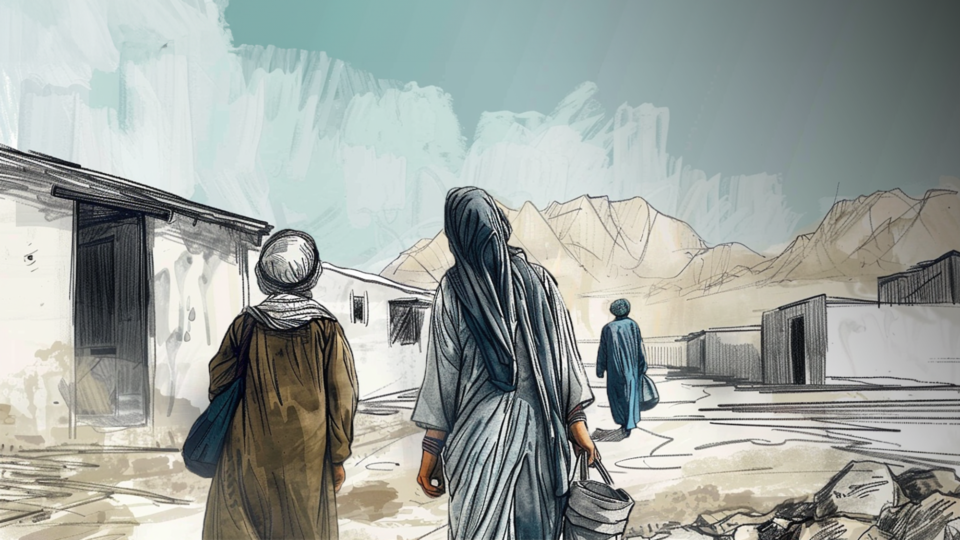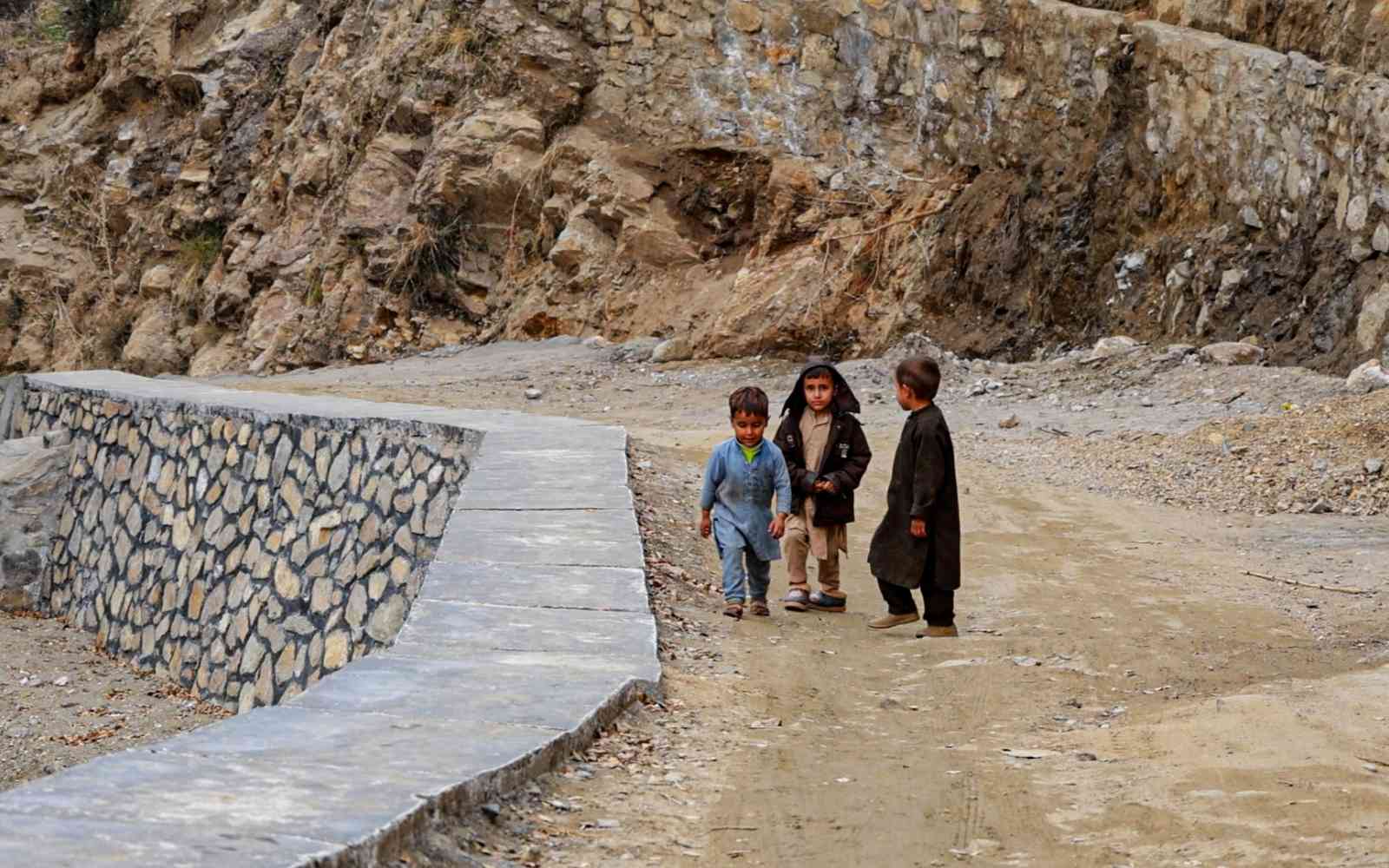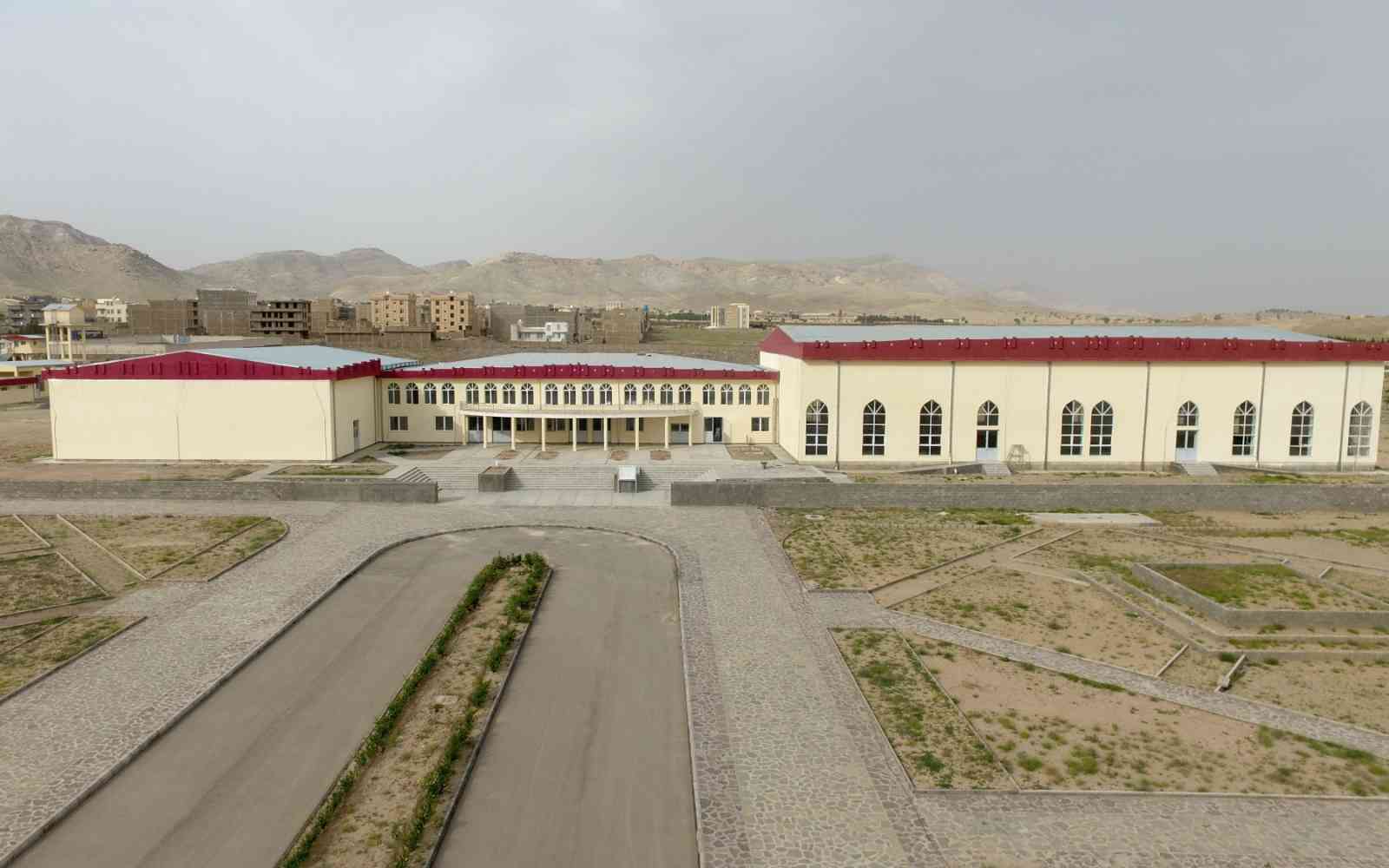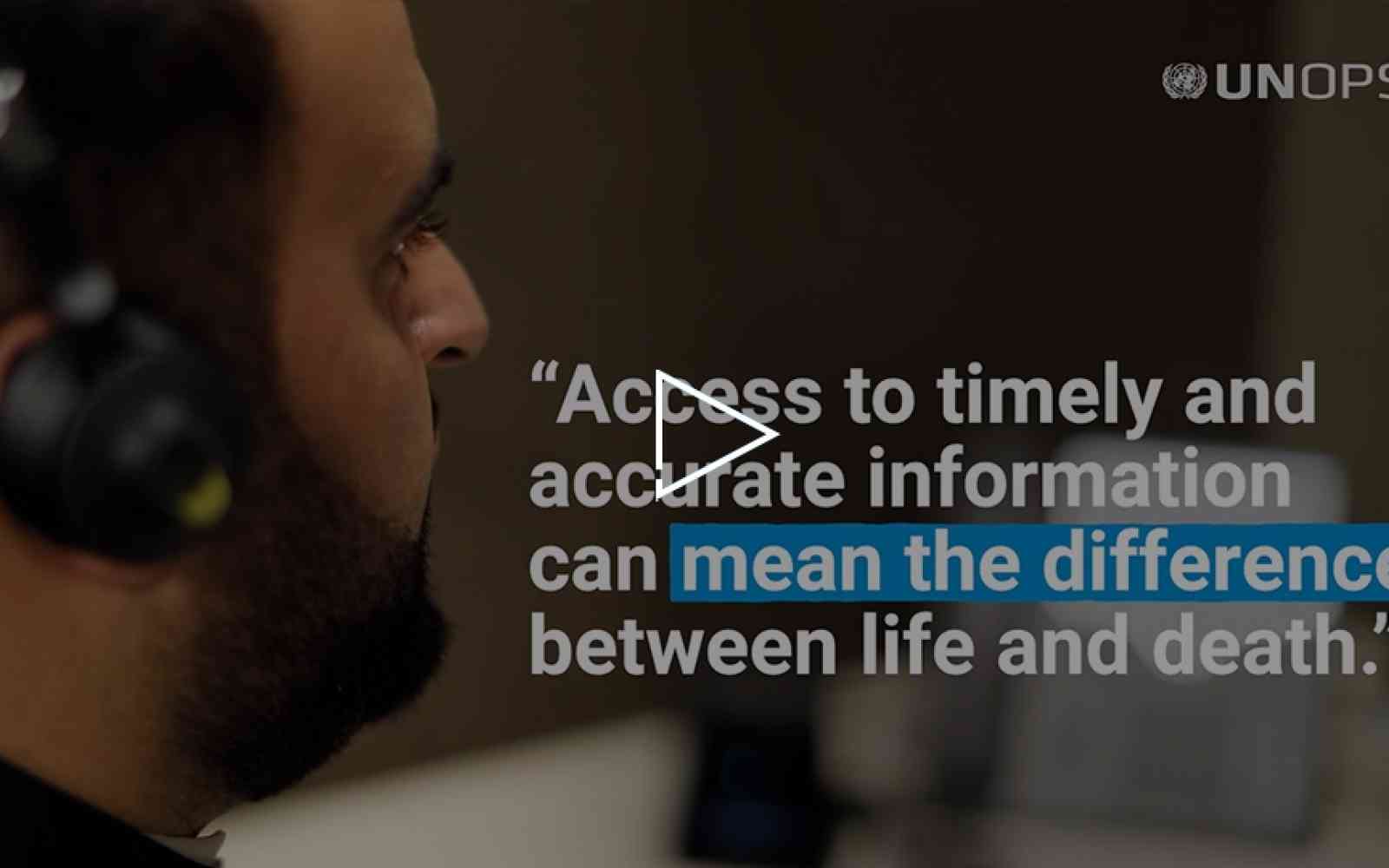The United Nations Office for Project Services (UNOPS)
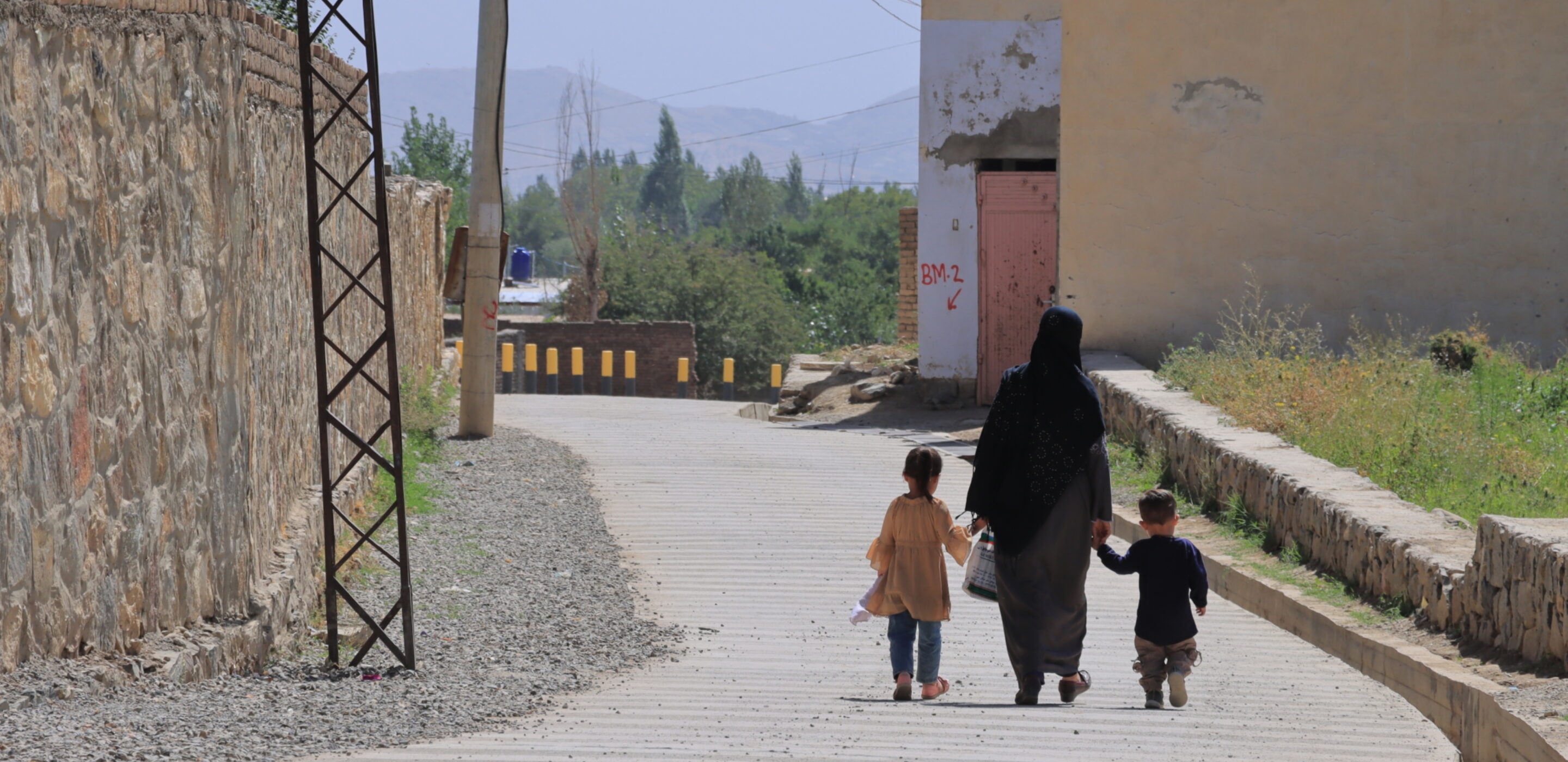
En Afganistán, el cambio empieza cerca de casa
Desde el llamado de una mujer a la rendición de cuentas hasta la reparación de carreteras para permitir un mejor acceso a los servicios de salud, las iniciativas que UNOPS apoya en Afganistán reflejan cómo los esfuerzos impulsados por las comunidades pueden ayudar a reforzar la resiliencia en contextos afectados por crisis.
Descargo de responsabilidad
- Los nombres de las personas entrevistadas se han cambiado para proteger su identidad.
En Afganistán, donde se combinan el conflicto, la inestabilidad económica y las limitaciones geográficas, el camino hacia la recuperación rara vez es sencillo. Sin embargo, incluso en las condiciones más desafiantes, están surgiendo historias locales que destacan cómo los programas inclusivos y responsivos pueden marcar la diferencia.
Rendición de cuentas impulsada por la comunidad
A principios de este año, Fátima*, residente de una remota aldea de la provincia de Herat, recibió una modesta cantidad de ayuda humanitaria en efectivo, como parte de una respuesta de emergencia más amplia ante el empeoramiento de las condiciones socioeconómicas. Para ella y otras personas que viven en la aldea, supuso un alivio muy necesario.
No obstante, en menos de 24 horas, esa ayuda desapareció. Dos hombres de su comunidad, que actuaron sin tener autoridad para ello, reclamaron los fondos a 23 personas beneficiarias, alegando que el dinero debía redistribuirse más ampliamente. Para Fátima, esto significó un revés financiero y una experiencia desalentadora.
Fátima, a pesar de temer represalias, tomó una difícil decisión: se puso en contacto con Awaaz Afganistán, la única plataforma interinstitucional y gratuita del país para recibir opiniones y quejas relacionadas con la asistencia humanitaria. El equipo respetó su deseo de mantener el anonimato, documentó el caso y lo remitió al organismo humanitario competente.
Al cabo de unos días, un equipo sobre el terreno visitó la zona, confirmó el incidente y adoptó medidas para subsanarlo. Diez días después de la llamada de Fátima, todos los hogares afectados recibieron el importe total de la ayuda.
Awaaz existe para garantizar que nadie se sienta impotente cuando las cosas no van bien. Detrás de cada llamada hay una historia de valor y la responsabilidad de actuar».
«Este caso es un poderoso recordatorio de que cuando la población habla y cuando el personal humanitario escucha, es posible lograr una protección y una justicia significativas, incluso en los rincones más remotos de Afganistán», añade.
Con el apoyo de organizaciones de las Naciones Unidas y asociados, Awaaz Afganistán ha gestionado casi 600.000 llamadas y ha llegado a casi 4 millones de personas, sirviendo de puente entre las comunidades y el personal de respuesta humanitaria.
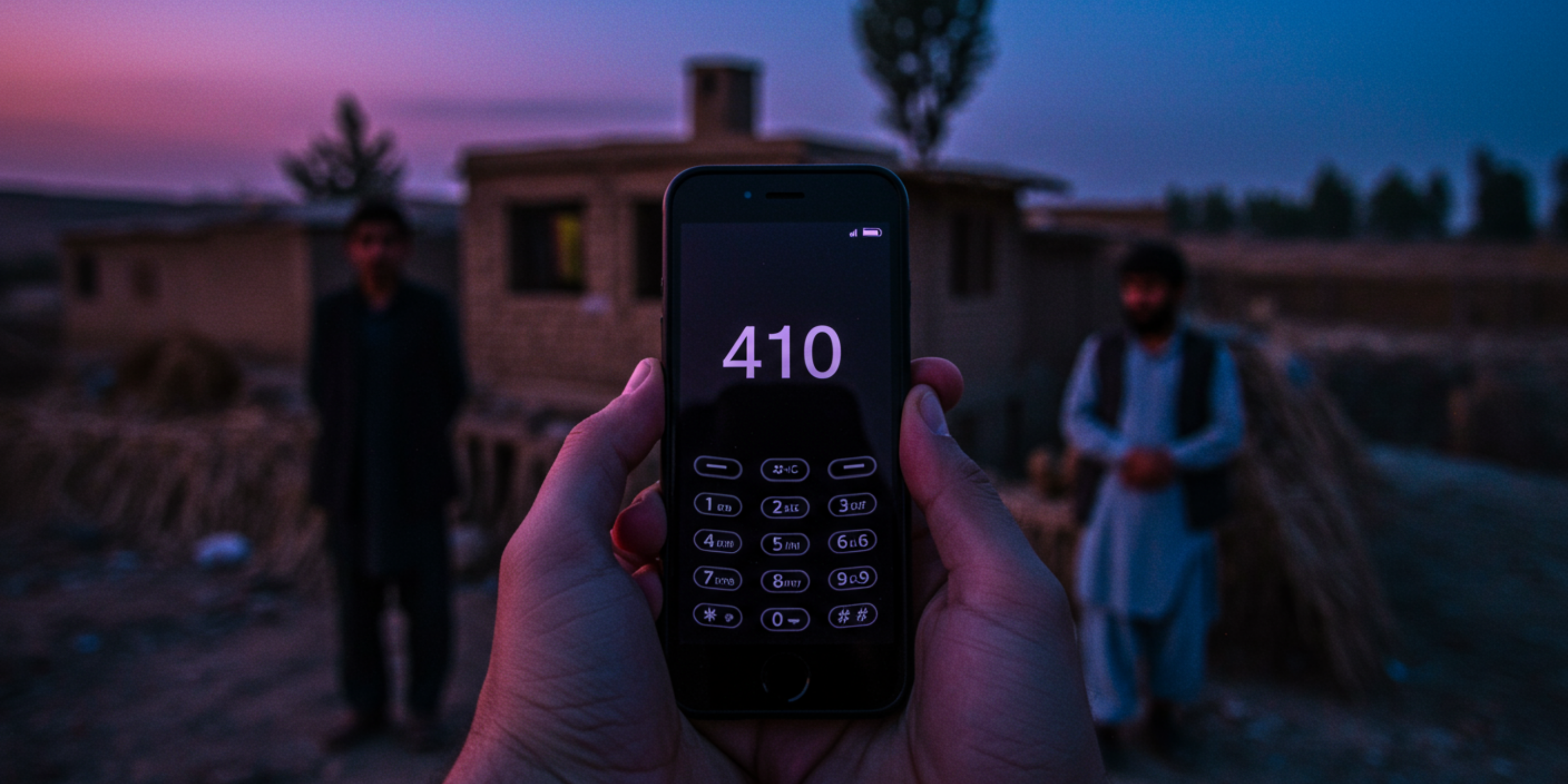
Sentar las bases de comunidades resilientes
En otras partes del país, la rehabilitación de infraestructura también ayuda a superar las barreras de acceso que existen desde hace tiempo.
En Mazar-e-Sharif, Shukria no tenía más remedio que cargar a su anciana madre a la espalda por un callejón estrecho y sin asfaltar cada vez que necesitaba atención médica. Actualmente, gracias a la rehabilitación de una carretera, cuentan con medios de transporte directamente hasta su casa.
«Ahora ya no tengo que cargar con mi madre», explica Shukria.
En Herat y Ghazni se están produciendo cambios similares. En el barrio de Sayed Abad, en Herat, la mejora de las carreteras y del sistema de alcantarillado ha facilitado el acceso de las mujeres embarazadas como Sobra a los servicios de salud.
«La nueva carretera lo ha cambiado todo», señala Sobra. «Ya no tememos el trayecto hasta el hospital».
Estas mejoras forman parte del Proyecto de Resiliencia y Medios de Vida para las Comunidades de Afganistán, que implementa UNOPS y está financiado por el Banco Mundial y el Fondo Fiduciario para la Resiliencia de Afganistán. Hasta ahora se han rehabilitado más de 9.500 kilómetros de carreteras en zonas rurales y urbanas, lo que ha mejorado el acceso a los servicios esenciales para más de 14 millones de personas, la mitad de las cuales son mujeres. El proyecto también ofrece oportunidades para obtener ingresos temporales a través de un programa de efectivo por trabajo.
El camino que debe seguir Afganistán no es fácil, pero estas historias muestran cómo las soluciones locales pueden marcar una gran diferencia. Desde la construcción de carreteras más sólidas hasta la creación de vías para que la población comparta sus opiniones, dar a las comunidades el poder de liderar su propia recuperación ayuda a lograr un progreso más justo y duradero.
